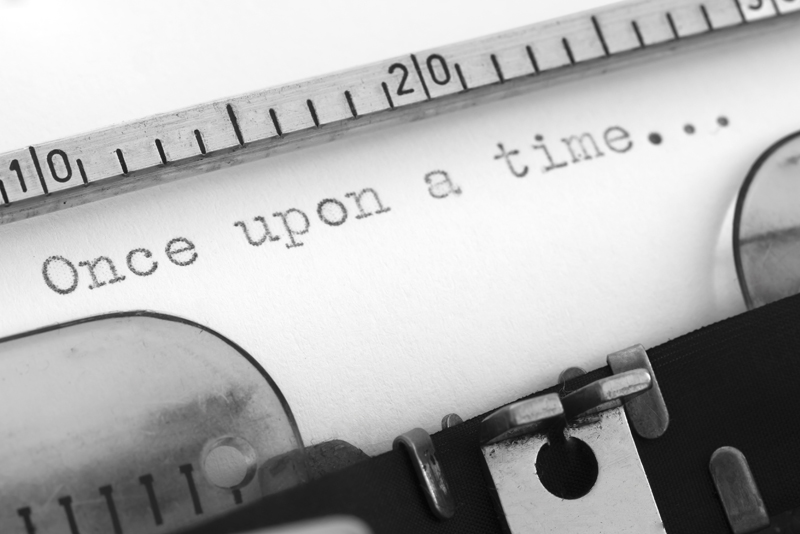Book Blurbs That Are Too Long

Try to keep your book blurb no longer than 200 to 300 words. Readers tend to scan book blurbs restlessly, sometimes many at once, looking for escapism and entertainment in a world bursting with choices. They will get bored and irritated if they have to read a too-long book blurb. And we writers all know this because we are also readers. So why do we forget how impatient we get with rambling book blurbs and end up writing ones that are too long and unfocused?
Reason 1. We might be too inexperienced to know how much of the plot to reveal in a book blurb. You will get an instinct for this after much practice writing and reading book blurbs. Ideally, a blurb should end on a suspenseful note regarding the problem or conflict facing the main character. If a writer goes a step beyond introducing the conflict and summarizes the main character’s plans, attacks, and counterattacks against the obstacle or villain that faces him, not only does the book blurb become too long but the readers might feel disappointed to find out things that they could have experienced first-hand through the reading.
Reason 2. We might have stuffed the book blurb with too much extra wordage that conveys nothing important. Trim everything extraneous that you can from your blurb. For example, don’t mention your character’s surname unless it identifies him with an ethnic group you hope to attract as readers. Otherwise, his first name is enough to identify him in the blurb. The book blurb should be as succinct as you can make it, and every word you leave in should be significant.
Reason 3. We might have padded the blurb with too many reviewer-type phrases to hard-sell the reading experience to potential buyers. Think of the endorsements that famous authors often provide for a new author’s book debuting with the same publisher – descriptions such as “a thrilling family saga,” or “a riveting and heart-breaking story,” or “a shocking thriller that will keep you on the edge of your seat!” Now imagine an author composing such phrases in his own book blurb to refer to his own work. This happens with increasing frequency in book blurbs nowadays.
But readers hate to feel led by their noses, especially when a book blurb attempts to predict their reading experience for them. Almost as bad is when an author wastes words in the book blurb on comparing his fiction to bestsellers. For example, “A thrilling saga that reads like Fifty Shades of Grey crossed with Frankenstein!” This makes the book sound like a weird hybrid that cannot stand on its own. An author is best served by putting only facts, not value judgments, into the book blub and letting the readers draw their own conclusions.
Reason 1. We might be too inexperienced to know how much of the plot to reveal in a book blurb. You will get an instinct for this after much practice writing and reading book blurbs. Ideally, a blurb should end on a suspenseful note regarding the problem or conflict facing the main character. If a writer goes a step beyond introducing the conflict and summarizes the main character’s plans, attacks, and counterattacks against the obstacle or villain that faces him, not only does the book blurb become too long but the readers might feel disappointed to find out things that they could have experienced first-hand through the reading.
Reason 2. We might have stuffed the book blurb with too much extra wordage that conveys nothing important. Trim everything extraneous that you can from your blurb. For example, don’t mention your character’s surname unless it identifies him with an ethnic group you hope to attract as readers. Otherwise, his first name is enough to identify him in the blurb. The book blurb should be as succinct as you can make it, and every word you leave in should be significant.
Reason 3. We might have padded the blurb with too many reviewer-type phrases to hard-sell the reading experience to potential buyers. Think of the endorsements that famous authors often provide for a new author’s book debuting with the same publisher – descriptions such as “a thrilling family saga,” or “a riveting and heart-breaking story,” or “a shocking thriller that will keep you on the edge of your seat!” Now imagine an author composing such phrases in his own book blurb to refer to his own work. This happens with increasing frequency in book blurbs nowadays.
But readers hate to feel led by their noses, especially when a book blurb attempts to predict their reading experience for them. Almost as bad is when an author wastes words in the book blurb on comparing his fiction to bestsellers. For example, “A thrilling saga that reads like Fifty Shades of Grey crossed with Frankenstein!” This makes the book sound like a weird hybrid that cannot stand on its own. An author is best served by putting only facts, not value judgments, into the book blub and letting the readers draw their own conclusions.
You Should Also Read:
Book Blurb
Worst Three Blurb Mistakes
Write an Accurate Fiction Blurb

Related Articles
Editor's Picks Articles
Top Ten Articles
Previous Features
Site Map
Follow @Val%5FKovalin
Tweet
Content copyright © 2023 by Val Kovalin. All rights reserved.
This content was written by Val Kovalin. If you wish to use this content in any manner, you need written permission. Contact Val Kovalin for details.


